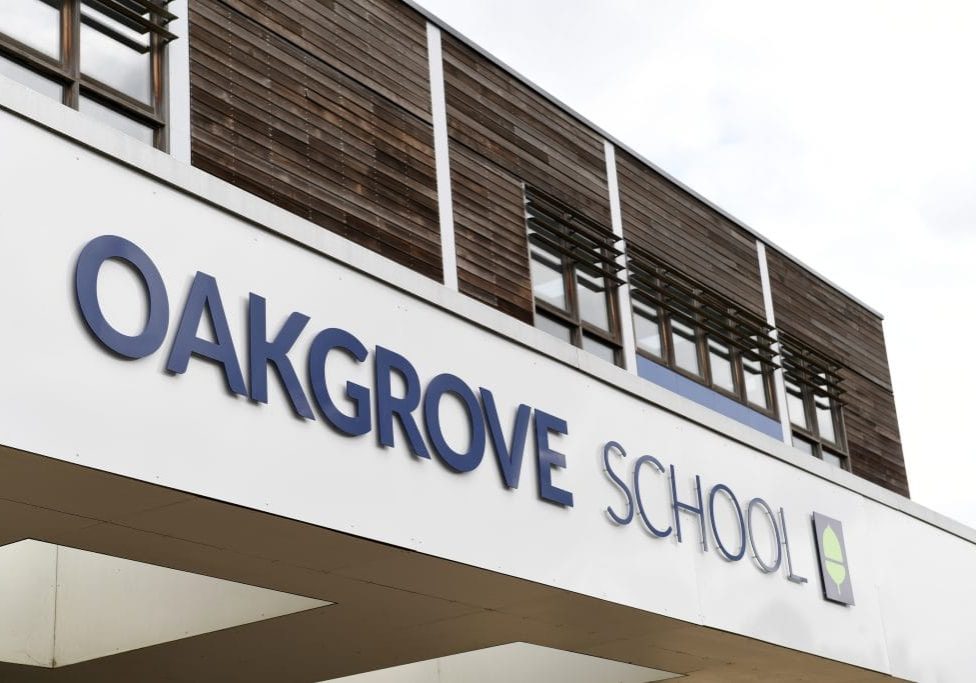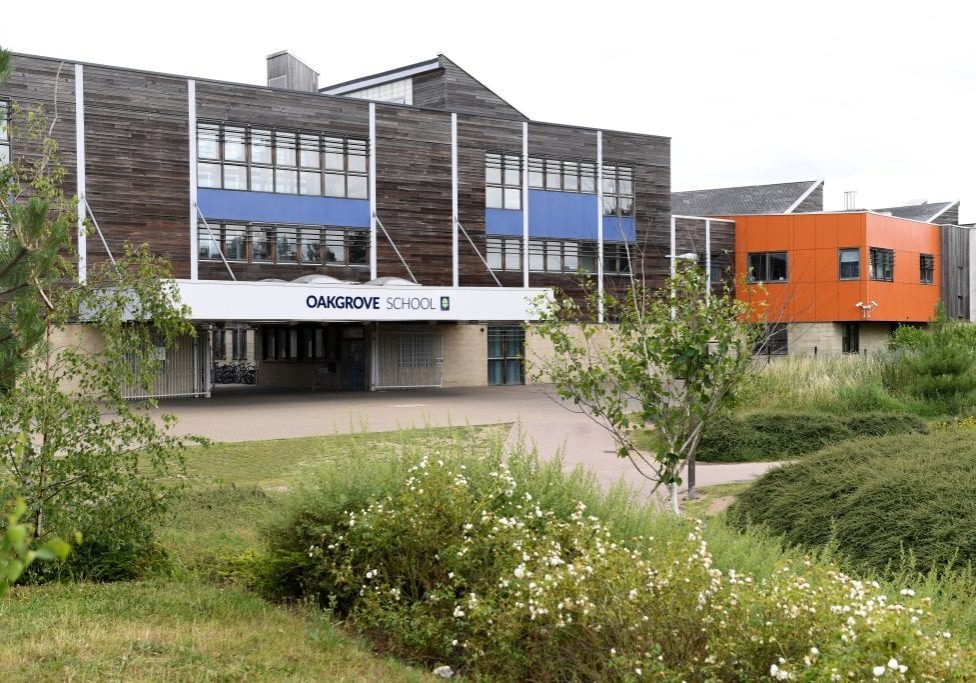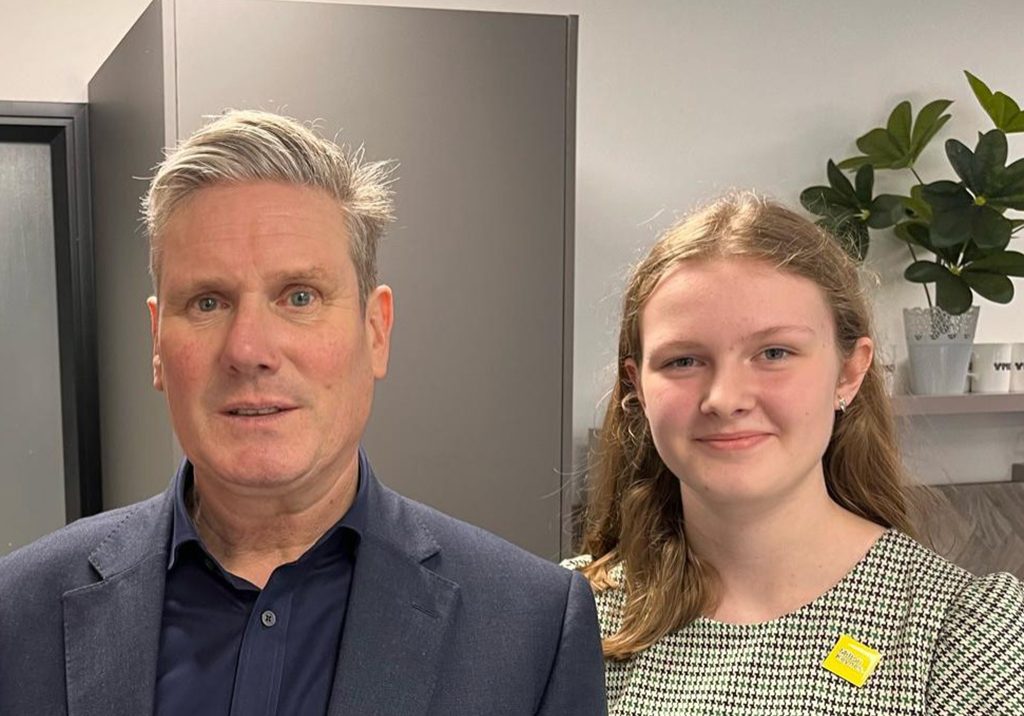Secondary Curriculum
Curriculum
The curriculum at Oakgrove School reflects our view that all students should have a broad and balanced education. We believe that the programme at Oakgrove School builds effectively upon progress at the primary stage and is suitably challenging for all students. Specialist teachers ensure that all national curriculum subjects are covered and that links between, and across, subjects are carefully explored. We believe that students come to school to learn and that the learning experience should be exciting and enjoyable with each student working to the full limit of their abilities.
An important part of our work are our cross curricular links with connections made across the different subjects to ensure that the curriculum is experienced as an organised whole rather than a series of separate subjects being taught independently. We incorporate the latest research into teaching and learning into all of our work.
All subjects identify opportunities for spiritual, moral, social and cultural awareness within their programmes of study and there is a strong focus on literacy and numeracy across the curriculum, not just in English and Mathematics.
Our PSHE programme is a carefully sequenced and comprehensive course covering health and wellbeing, relationships and living in the wider world. Through PSHE students increase their personal awareness and resilience, as well as developing an understanding of Life in Modern Britain and Citizenship. In addition, PSHE at Oakgrove provides opportunities for Careers Education information, advice and guidance to ensure that students are able to make informed choices. The school’s assembly programme is closely interwoven with the themes covered in PSHE lessons.
<< Back to All-Through Curriculum
Targets for Learning (TfL)
Targets for learning has been an integral part of life at Oakgrove since the school opened in 2005. In its current form, students across the school are supported in reviewing their academic and Attitude for Learning (AfL) data across all their subjects at regular intervals across the year.
Students, with the support of their tutor/mentor decide which areas of their academic life that they need to focus on in particular over the short term to boost their chances of success. Targets can be specific or more generic dependent on what targets the student chooses. These targets are then recorded and their class teachers will be able to see the chosen subjects to focus on and support the students further.
Targets for learning has always been a powerful way of discussing and setting targets for the student, by the student. The students can regularly review their progress towards their targets and when appropriate, they can set new targets to ensure further progress.
Whole School English and Maths
English and Maths expertise is essential to all students across the age and ability range, in order for them to effectively access the curriculum and make progress in all subjects.
English and Maths skills are embedded in lesson planning, delivery of content, exam preparation and feedback to students, ensuring that standards of literacy and numeracy are consistently high in all areas.
The Directors of English and Maths take an overview of the application of these skills in all subject areas, which are monitored through regular lessons visits and work scrutinies conducted by Subject Leaders. They liaise with a range of staff to establish good practice and provide training where necessary.
Tutor Reading Programme
The school has a weekly tutor reading programme for Years 7 to 10, with a focus on reading for pleasure. Each tutor group is read to and the students follow in a copy of the book. The programme introduces students to a range of texts across the year in a shared reading experience.
| Year 7 | Year 8 | Year 9 | Year 10 |
|---|---|---|---|
| A Kind of Spark, Elle McNicoll | Chinese Cinderella, Adeline Yen Mah | Looking for JJ, Anne Cassidy | The Girls I've Been, Tess Sharpe |
| The Memory Cage, Ruth Eastham | Dare to be You, Matthew Syed | This Book Kills, Ravena Guron | They Both Die at the End, Adam Silvera |
| You are a Champion, Marcus Rashford | Stay Where You Are and Then Leave, John Boyne | It’s Trevor Noah: Born a Crime, Trevor Noah | It’s Trevor Noah: Born a Crime, Trevor Noah |
| I, Spy: A Bletchley Park Mystery, Rhian Tracey | Needle, Patrice Lawrence | Where the World Turns Wild, Nicola Penfold | The Tiger Who Sleeps Under My Chair, Hannah Foley |
| Peril on the Atlantic, A. M. Howell | The Disconnect, Keren David | The Curious Incident of the Dog in the Night-Time, Mark Haddon | The Giver, Lois Lowry |
| Safiyyah’s War, Hiba Noor Khan | Girl, Missing, Sophie McKenzie | The Soup Movement, Ben Davis | Long Way Down, Jason Reynolds |
| A Wrinkle in Time, Madeleine L'Engle | Heroes, Robert Cormier |











